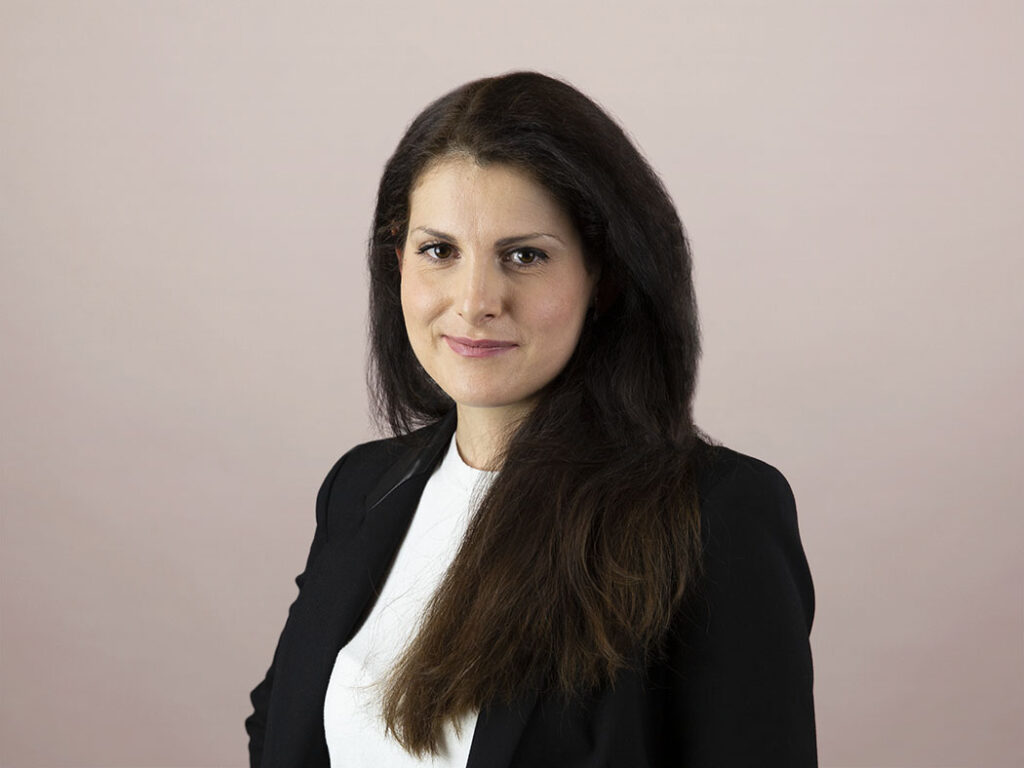EU Corporations Lead The Region On Sustainability — The Rest Ride Their Coattails
Across Europe and the Middle East, consumers are demanding that corporations embrace environmental sustainability. Forrester data shows that in both the UK and France, more than a third of online adults are prepared to pay a premium for sustainable products, and a PwC survey reports that over half of consumers in the Middle East say they buy eco-friendly products.
Corporations are also facing regulatory pressure to make their businesses more sustainable, though not evenly across the region. The EU has adopted requirements aiming to reduce greenhouse gas emissions at least 55% by 2030. Russia, by contrast, is still championing fossil fuel extraction.
We researched the 50 largest corporations in the EMEA region (Fortune’s EMEA50) to see how they are responding to this landscape of consumer demand, regulatory pressure, and green market opportunity and found that they are:
- Leading the way on carbon-neutral value chains. Not long ago, it was considered bold for a corporation even to neutralize its direct emissions. Now, 42% percent of the EMEA50 have set dates to achieve carbon-neutral or net-zero emissions for all or a significant category of the indirect emissions upstream and downstream in their value chain, called scope 3 emissions. That’s about twice as large a share as among the largest 200 corporations globally (Fortune’s G200) and also the 50 largest in North America (NA50). Depending on corporations’ particular footprints, they’re aiming to neutralize emissions in their supply chain, their investments, or their products’ use (think tailpipe emissions from sold cars).
- Starkly divided by geography. This is a region with both bitter divisions and many diverse, overlapping cooperative agreements, and its political complexity is reflected in its corporations’ sustainability plans, too. Mirroring the EU’s long history of an implementation-focused mindset, the EU and closely cooperating countries host the highest share of EMEA50 corporations with commitments to reducing their greenhouse gas emissions. By contrast, no EMEA50 corporation based in Russia or the Middle East has committed to reducing its scope 3 emissions, and only half have committed to reducing their operational emissions.
For detailed analysis of the environmental sustainability goals of the region’s largest corporations and guidance on what your organization can learn from them, read our latest research or schedule an inquiry with one of our analysts. Also, check out our green market revolution research theme to read more coverage on environmental sustainability across Forrester.
